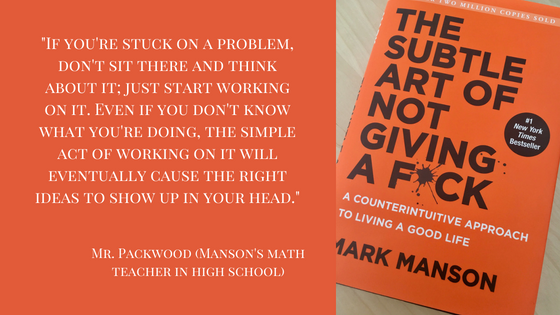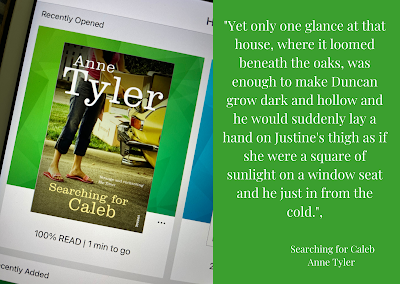I have been totally down and out with a flew for almost a week. The only thing I could do was reading, which is the only positive thing coming out of it. And...believe it or not I managed to finish
Emma which I have started several times. Maybe because I was so out, I did not even have the energy to irritate myself on the character! However, I must admit, that about halfway through the book, she somehow improves. There is also where the book becomes a little bit 'exciting', if I may use this word for a Jane Austen book.
 |
This picture is from September 2014,
when I started the book. |
This is a book about marriages, for everyone except for Emma, who has clearly stated that she can not marry since she has to take care of her father. Especially now when miss Taylor, Emma's governess since eight years, has married Mr Weston. Emma flatters herself that she has done the match to marry the two, and being rather unoccupied she decides that Mr Elton, the young vicar needs a wife. This is the start to a set of marriages to 'be or not to be'.
Emma is the 'lady' of the village with her 30.000 pounds a year. She is living in her big house, taking care of her father, and sees life from above. When it comes to marriage, there are certain rules on who you can marry, depending on your position on the society ladder. Being Jane Austen, it is done with a master mind, and a satirical approach through some very irritating characters. The father Mr Woodhouse is a totally asocial character. Afraid of everything that has to do with health. It is dangerous to sit in a draft, to walk in the cold, to exert oneself in any possible way. He is a very selfish person and only approves of people who adapt to his own, useless lifestyle. Miss Bates, living with her older mother. A constant talker, nobody gets a chance to say anything, once she starts. Very kindhearted, but also living in her own gossipy world.
Emma herself, who thinks she knows everything best and has the best for others in her heart. Although most of her schemes fail, she continues to think that she can control other peoples' feelings. Emma is said to be one of Jane Austen's immortal creations, and it might well be so. A strong character, spoiled, egoistic and selfish. Hearing only good things about yourself, can make anyone think you are superior to anybody else. "Jane Austen herself wrote that she was planning to take a heroine in Emma 'which no one but myself would like'.
The marriage game needs other actors than the small village can provide. In comes; Mr Churchill, Mr Weston's son from a first marriage, Miss Jane Fairfax, niece of Miss Bates, and Mrs Elton! Yes, Mr Elton did not approve of Emma's initial match making and went away and married an unknown lady. Quite unforgivable! And for Emma herself? Well, you have to read the book and see!
Emma is a satirical view on life and the marriage games in those days. As such it is a wonderful account, and once I had finished the book it did stay with me, and I could look at all the very different characters and their actions a little bit from above. It is quite different from the other two books of her that I read,
Pride and Prejudice and
Persuasion. But now there is no stopping me from reading her other books.





Comments
Post a Comment